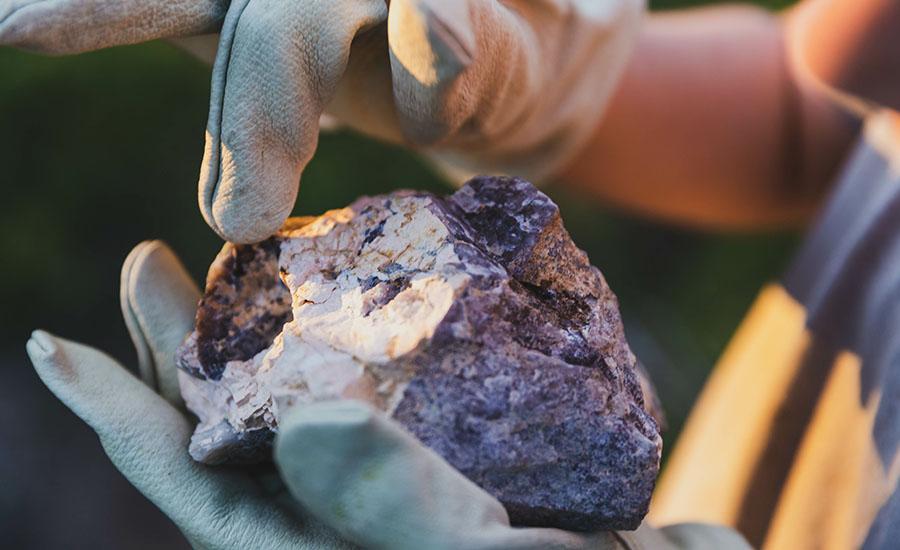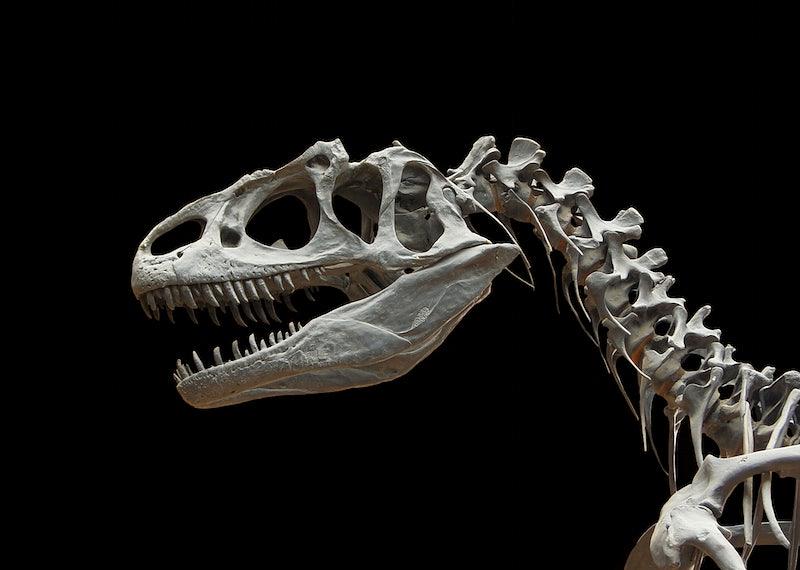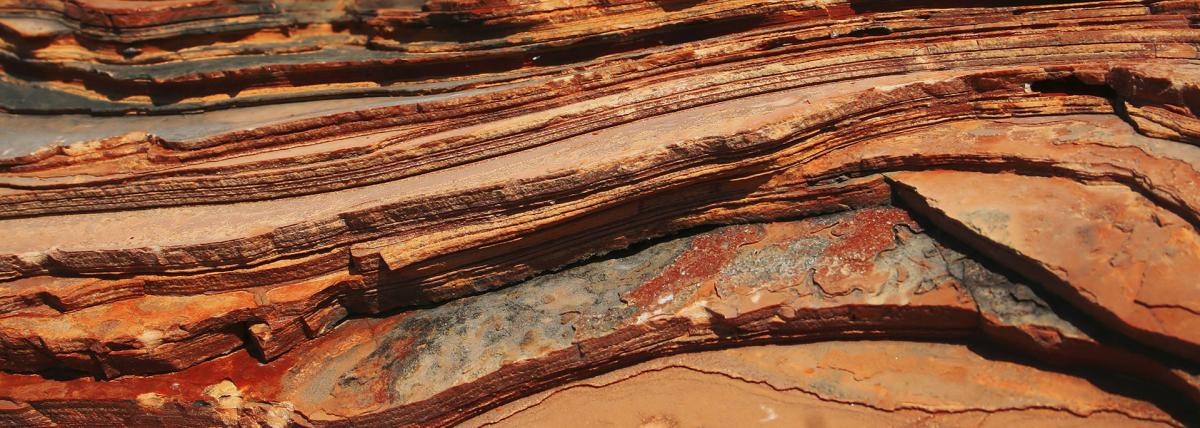
Grades:
Kindergarten, 1st Grade, 2nd Grade
This lesson is designed for K-2 students to explore and understand weather patterns using technology. Over the course of 45 minutes, students will use tablets or computers to gather real-time weather

Grades:
3rd Grade, 4th Grade, 5th Grade, 6th Grade, 7th Grade, 8th Grade, 9th Grade
An overall view of mining, minerals, and their role in our everyday life. This lesson compares the past, present and future of mining and it's relativity to sustaining our way of life.

Grades:
2nd Grade
This 2nd grade lesson incorporate the book, We are Water Protectors by Carole Lindstrom, and Ozobots. Students will discuss the beginning and ending of the story and discuss how characters respond to

Grades:
Kindergarten, 1st Grade, 2nd Grade, 3rd Grade, 4th Grade, 5th Grade, 6th Grade, 7th Grade, 8th Grade
Most students are likely familiar with popular films like Happy Feet, Surf’s Up, Penguins of Madagascar, and classic books like Mr. Popper's Penguins. Capitalizing on this familiarity with penguins

Grades:
9th Grade
This lesson includes how to prepare and setup for a field trip to Sunset Crater National Monument. It includes helpful hints, activity sheets for students attending, and links to the National Park

Grades:
7th Grade, 8th Grade, 9th Grade, 10th Grade, 11th Grade, 12th Grade
This lesson is a whole unit on energy. It can be broken up into 10 separate lessons. I chose to put them all together so that it was easier to see how I organized them so you did not have to search

Grades:
8th Grade, 9th Grade, 10th Grade, 11th Grade, 12th Grade
A lesson that dives into the fusion of Art and Chemistry. Students will make their own pigments using common plants by using an acid-base reaction. They will test the effects of different solvents in

Grades:
9th Grade
This lesson is about taking a group of students to Walnut Canyon National Park in Northern Arizona. Students will be provided with a worksheet that coincides with the activities done at the park.

Grades:
9th Grade
Students will take an amount of time to plan and build a eco friendly home. They will include four eco friendly ideas into their home both on the exterior and interior of their build. Students may

Grades:
6th Grade, 7th Grade, 8th Grade, 9th Grade, 10th Grade, 11th Grade, 12th Grade
Students use a GIS story map and hands on investigation to analyze the urban heat island effect in Phoenix.

Grades:
6th Grade, 7th Grade, 8th Grade, 9th Grade, 10th Grade, 11th Grade, 12th Grade
Students put together fossil bone cut outs to determine a prehistoric species before learning about the different ways scientists determine the physical characteristics of extinct organisms.

Grades:
2nd Grade, 3rd Grade
Students will research a biome around the world, including 3 animals, 3 plants, and 3 nonliving parts of the ecosystem. Students will construct a diorama of the biome and illustrate a natural disaster

Grades:
9th Grade, 10th Grade, 11th Grade, 12th Grade
This STEM Argumentative Research Project engages students in exploring the scientific, ethical, and societal implications of themes in Mary Shelley's "Frankenstein." Students will work in groups to

Grades:
7th Grade, 8th Grade, 9th Grade, 10th Grade, 11th Grade, 12th Grade
Want to incorporate the Arts into your 7-12 STEM classroom? The Global Science Opera provides a way to do just that! Learn how to facilitate a STEAM collaboration with arts teachers to make it happen.

Grades:
9th Grade, 10th Grade, 11th Grade, 12th Grade
Students will delve into the intricate web of Earth systems, recognizing their interconnected nature and unlocking the secrets of Japan's geological features through observation and data collection

Grades:
8th Grade, 9th Grade
In this lesson, students will embark on an investigative journey to explore the geological history of their local community. Through hands-on activities and research, students will analyze rock layers

Grades:
9th Grade, 10th Grade
Students use Play-Doh to model deposition of rock layers and then folding and faulting. This is to help students understand relative ages of rock layers and introduces the ideas of the laws of

Grades:
7th Grade, 8th Grade, 9th Grade, 10th Grade, 11th Grade, 12th Grade
Students will combine science and art by using an alternative photographic process called cyanotypes or sun prints. After a short introduction to the history of cyanotypes and the process of creating

Grades:
8th Grade, 9th Grade, 10th Grade, 11th Grade, 12th Grade
Over the course of three class sessions, spanning 90 minutes each, students will engage in an immersive project focusing on the outdoor air quality prevalent in four states situated in the

Grades:
Kindergarten, 1st Grade, 2nd Grade, 3rd Grade, 4th Grade, 5th Grade
This hands-on lesson introduces students to gardening and the sustainability of food. Students will grow small gardens and manage them.

Grades:
9th Grade, 10th Grade, 11th Grade, 12th Grade
In this engaging lesson, students move the learning from within the classroom to outside its walls in order to study and record air quality readings (with no tech and tech applications). Students gain

Grades:
2nd Grade
This is a virtual 360° Tour of Coronado National Memorial Cave. Students can take the tour and follow along with the resources embedded in both the tour and the lesson. Students will locate the key

Grades:
2nd Grade
This lesson will allow students to measure the health of the water from sources in their community or everyday life. Students will measure the pH from different sources using test strips and a color

Grades:
9th Grade
After becoming familiar with the factors that affect lift from the previous Flight Basics lesson and going over key weather concepts from this lesson, students will be expected to make a device to


